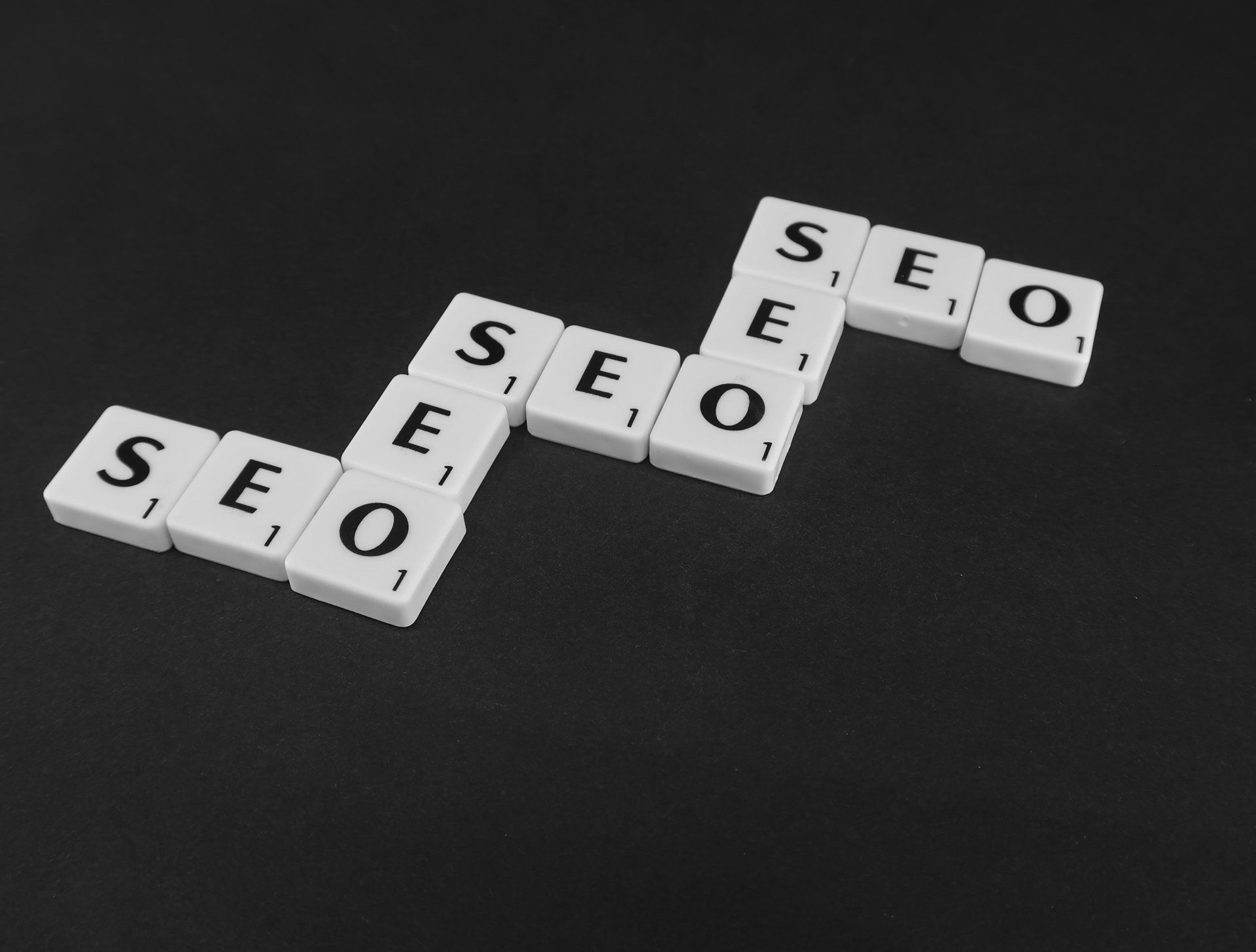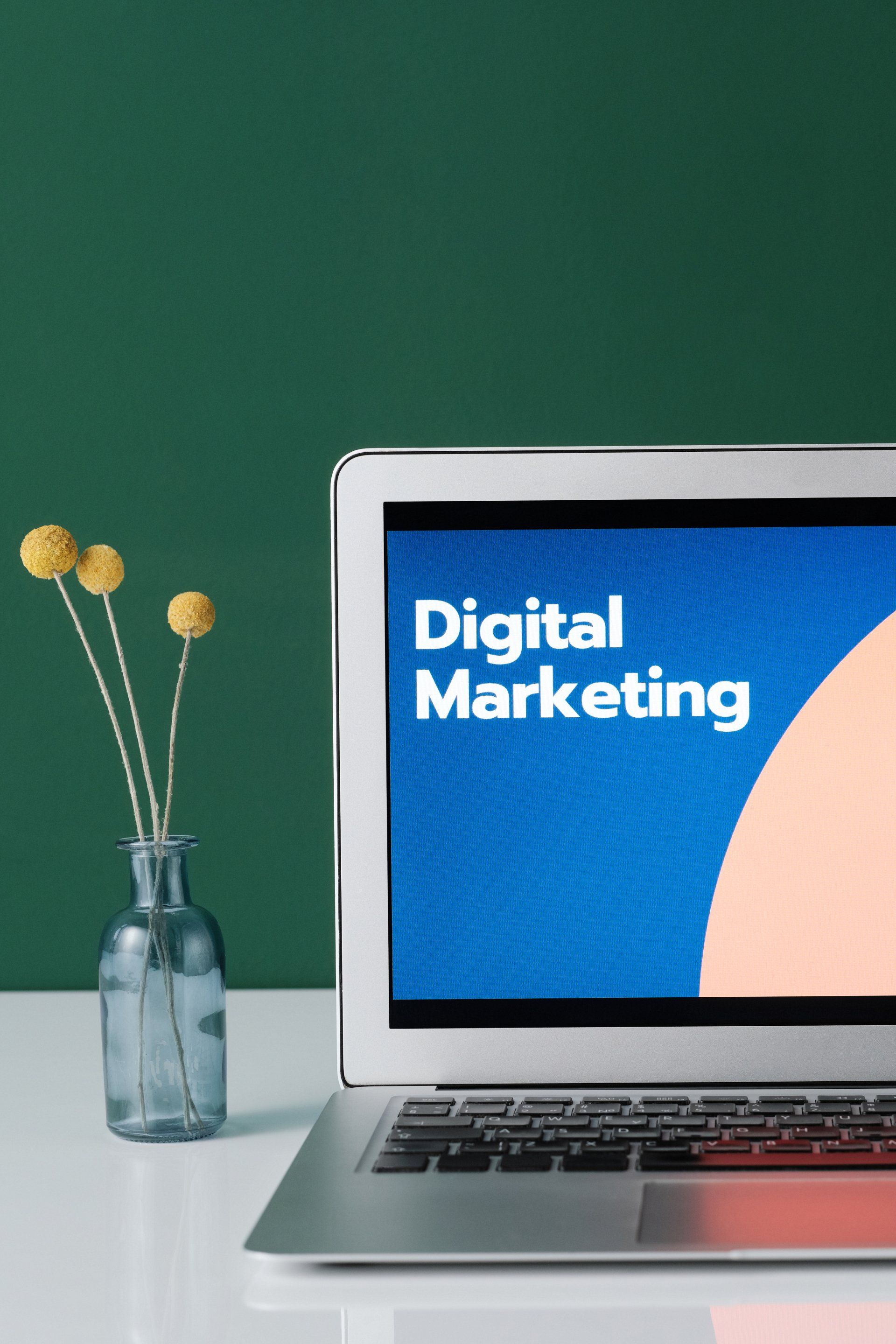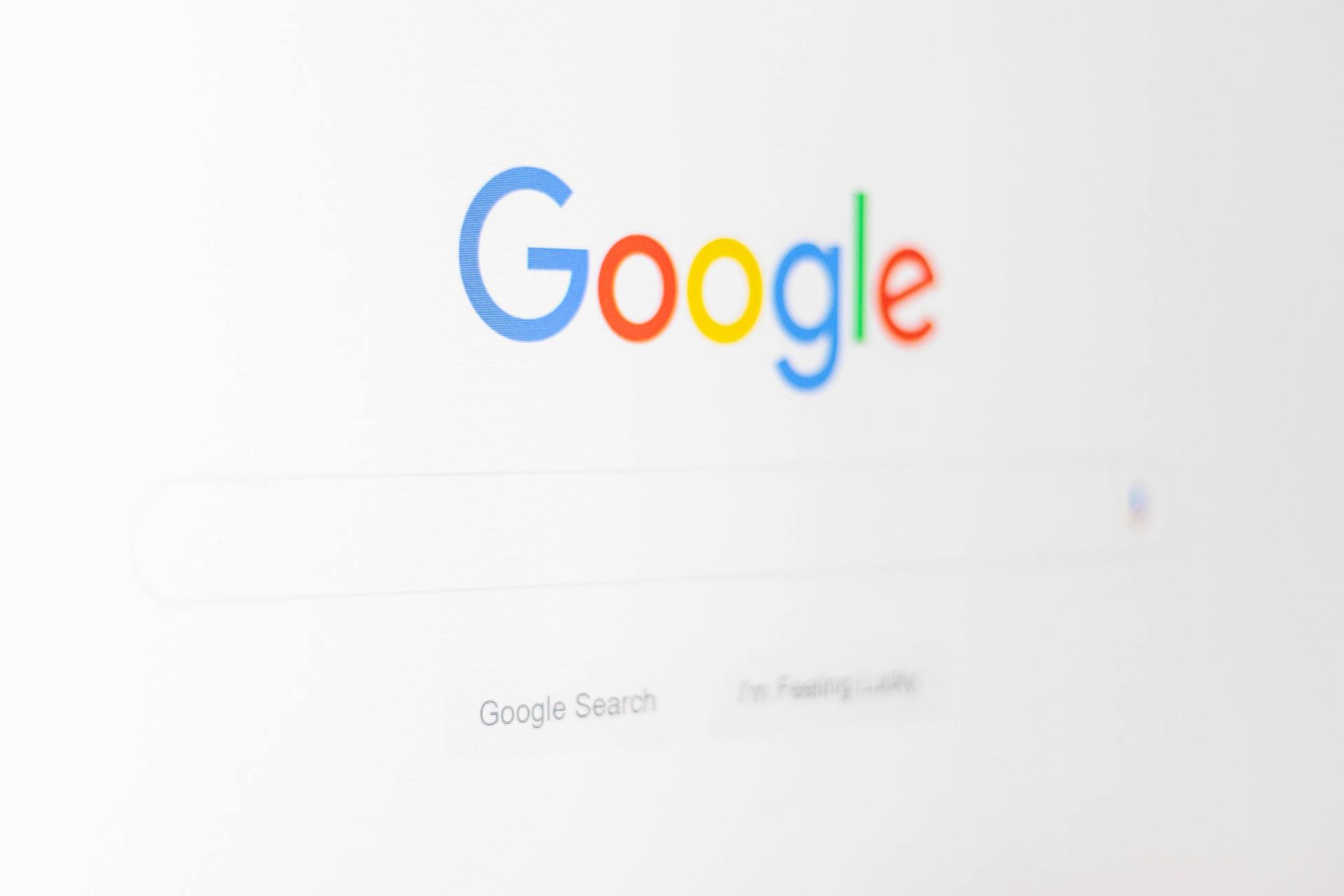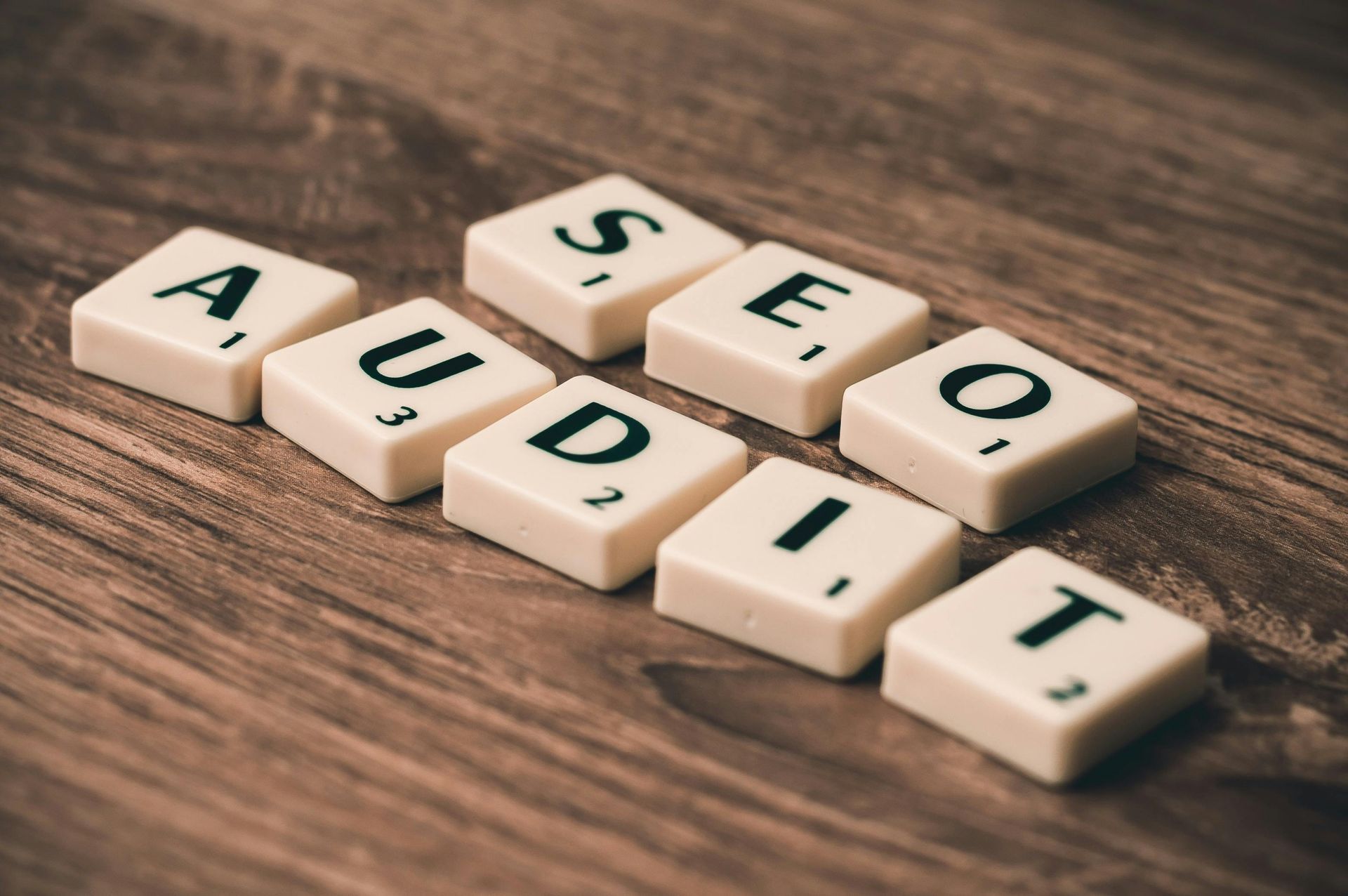SEO vs PPC: Which delivers better ROI for your marketing budget?
Heading 1
The best way to drive traffic to your website for most businesses is through search engines, so it is essential to secure a prominent position on a Search Engine Results Page (SERP). The two ways to do this are through search engine optimisation (SEO) and pay-per-click (PPC) advertising.
The two options offer a different approach to generating leads and sales. Depending on what you are looking to achieve, either PPC or SEO might be better at reaching your business goals.
With PPC, businesses bid on relevant keywords to appear as a sponsored link at the top of SERPs. When visitors search for those keywords, the ad will be displayed in the sponsored results section. A business only pays for the ad if the link is clicked. The most popular ads are Google Ads, but advertising on Facebook, LinkedIn (ADD LINK - Why you need LinkedIn paid ads for your business (cotswoldweb.co.uk)) (ADD LINK - Facebook Ads: Measure your conversions! (cotswoldweb.co.uk)) or other social media can be just as effective, depending on your own target audience.
SEO is a long-term strategy to generate clicks without having to pay for them directly. It is about optimising your website content around relevant target keywords to convince a search engine that your business is a leading authority on a particular subject.
Here we will discuss the pros and cons of each, and which delivers the better return on investment (ROI) for your marketing budget.
One way to help you make a decision on which is the best option for your business is to check out the competition. They are targeting the same audience as you, so you can learn from their successes and their failures. If your competitors are investing heavily in PPC, it could indicate it would work well for your business too. And on the flipside, if they are ranking well in search results, investing in SEO could be the way forward.
PPC pros
- PPC is the quickest way to appear at the top of the SERP. Businesses pay to appear in a prominent position, generating instant visibility and traffic and, hopefully, instant sales and conversions. It works well for new products and new businesses, which haven’t had time to achieve a first page listing on search engines like Google or Bing.
- PPC can work very well and be cost-effective for a small local business targeting a small geographical area with a small number of keywords.
- PPC works well for products which need less research, which will often be lower value, higher volume items.
- If your main business goal is brand awareness, PPC can give your business immediate visibility.
- PPC gives you a lot of control over your messaging and targeting. This means you can target your ads to reach the exact demographic of your ideal buyer – from geographical location to industry type, age, gender, interests and more - so your ads get seen by the right people at the right time, maximising your ROI. And if your ads aren’t working, you can change the content at short notice within your budget.
- PPC gives you access to analytics so you can really track the performance of each individual ad and calculate your ROI. This means you can identify what works and what doesn’t, so you can allocate your budget to achieve the best possible results.
- Advertisers have full control of their own PPC budget and can set daily or monthly spending limits. They can also adjust bids for specific keywords and pause campaigns when they want to.
PPC cons
- PPC requires constant investment. It can be quite expensive, especially if you are bidding on a keyword popular with other businesses. Then you have to ask yourself whether you are really getting the ROI you want, particularly if the ad is for a low value product.
- PPC is a short-term strategy – if you stop paying, your business will immediately disappear from searches. So your choices are either to start relying more on SEO or to keep paying for your ads!
SEO pros
- SEO doesn’t incur direct costs per visit. If you can manage SEO within your business, it is ‘free’, with the only cost being staff time. A well optimised blog can bring visitors to your website for many years, saving money and reducing your reliance on paid ads.
- Although paid ads will appear higher on searches than organic search results, visitors will usually trust organic searches more than adverts, so investing in SEO to get higher on searches could be a worthwhile investment.
- SEO has long-lasting benefits. If your business can rank highly on Google or other search engines for relevant keywords, it can stay there for a sustained period of time, much longer than a short-term advertising campaign.
- SEO creates high quality leads, as visitors will engage and read a lot of content before making a decision to buy.
- Good SEO can improve your ROI over time – as you continue to produce optimised web content, your website will rise in the rankings, leading to more clicks and increased traffic.
SEO cons
- SEO doesn’t bring instant results. It can take weeks and often months for search engines to crawl and index your website before it appears high up on SERPs.
- There is no guarantee of success and, for competitive keywords especially, you may never see your website rank on the first page of Google.
- If you need to outsource your SEO work, it can easily be just as expensive as PPC.
- It is harder to track and calculate the ROI of SEO.
- Search engines often change their algorithms without warning. This means something which ranked well yesterday is suddenly not as effective today, with your website plummeting in the rankings overnight. Staying on top of the changes in SEO can be time-consuming and costly.

It would be great if there was a simple answer to the SEO vs PPC question, but it is not as straightforward as that. When trying to decide whether SEO or PPC gives you the best ROI for your marketing budget, you need to weigh up both your business goals and your available budget. If you have a limited budget, SEO could be the most cost-effective option. But if you need fast results or you have a bigger budget, investing in PPC will give your business more visibility and generate leads more quickly.
It is always important to strike a balance between the two different approaches and your own business goals. The reality is that most businesses will use a combination of SEO and PPC to give them the best results. Neither of them will do everything you need them to do independently, and they will complement each other as part of a holistic marketing strategy. Investing in SEO can help develop credibility for your brand, drive organic leads and generate long-term interest in your business, while targeted PPC can boost sales at important times, like new product launches or in the run-up to Christmas and other key trading periods.
By weighing up factors like cost-effectiveness, conversion rates and long-term results versus short-term results, you can make an informed decision around SEO and PPC, based on the unique requirements of your own business.
More Posts.







